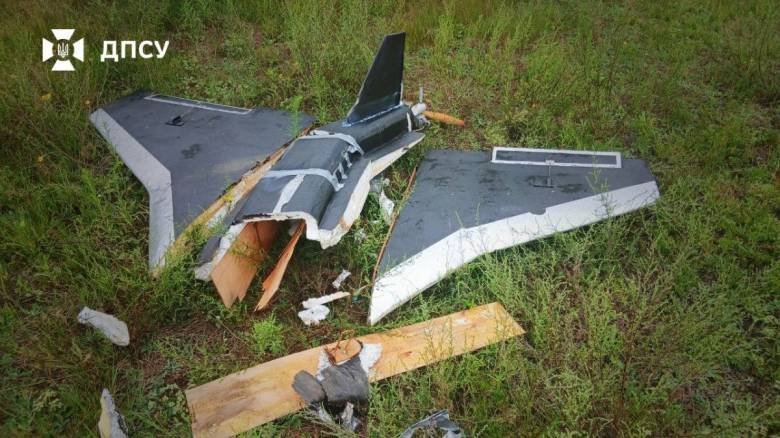Jury is still out on whether Russia attacked Poland with drones
Did Russia Attack Poland with Drones? Poland says that 19 allegedly Russian drones entered its airspace. In an all-night operation on September 9, the Polish air force tried to track them down. According to the Polish prime minister, Donald Tusk, four of them were destroyed but the rest remain missing. Poland blamed Russia for an…
Did Russia Attack Poland with Drones?
Poland says that 19 allegedly Russian drones entered its airspace. In an all-night operation on September 9, the Polish air force tried to track them down. According to the Polish prime minister, Donald Tusk, four of them were destroyed but the rest remain missing. Poland blamed Russia for an attack on Polish territory and declared that as a NATO member it invoked Article 4 of the NATO Charter,consulting with the other NATO members.
Is there sufficient evidence to support an Article 4 action? Article 4, like Article 5 requires NATO consensus – that is, support from all NATO members. Over the years, Article 4 has been invoked seven times.
The jury is out on whether the Polish case is strong in accusing Russia of violating Polish airspace.

There is no certainty on the types of drones used, but a drone on the ground that looks like a Gerbera drone was photographed. The Gerbera is a cheap version of the Iranian Shahed 136, made out of plywood and polystyrene foam. The Gerbera can carry an explosive charge, but most are for networking purposes. It isn’t known if the drone pictured is one of those allegedly shot down. It also isn’t known if there were other types of drones.
Belarus says that some drones from its territory, because of jamming by Ukraine, headed for Poland and that Belarus informed the Polish authorities.
The four drones likely were intercepted either by F-16s and F-35s or by Polish helicopters. However, the Polish government has not offered any clarity on the intercepts. Even so, it is fairly certain that no Polish air defense systems, such as the Patriot were used. This suggests that none of the drones got anywhere near sensitive military or government installations or significant transit hubs.
The Russians have denied that any of their drones were used in Poland, insisting that the drones they used against L’viv and other western Ukraine targets lacked the range to attack any meaningful Polish targets. Russians could launch drones against western Ukraine from Crimea and from Belarus. At least some of the reported drones over Poland came out of Belarus’s airspace.
Especially unclear is why Russia would run any sort of attack on Poland, as doing so could provoke a NATO-led response that might lead to a wider conflict in the region. Or, looked at another way, why would Russia send drones on a meaningless mission instead of going for the jugular and hitting supply depots, military bases and possibly Polish air defense systems?
Could Russian drones have been hijacked by Ukrainian hackers and sent over Poland to cause a provocation? Drones have been hijacked before. The most famous was in 2011 when Iran hijacked the USRQ-170 stealth droneand landed it at an Iranian airfield.
Causing such an incident could possibly inflame NATO and lead to more weapons and money for Ukraine. It could also help convince the Poles to send troops to a multilateral security force, should one be formed. Until now, Poland has refused to participate in the security force proposed by French President Macron and British Prime Minister Starmer.
The short answer is: We do not know that, and the Polish government has not provided enough information to be sure that, Russia actually intentionally attacked Polish territory. Russian drones entering Polish airspace is not enough to demonstrate the drones were actually Russian-owned or, if Russian, under Russian control.
Stephen Bryen is a senior correspondent for Asia Times. He served as staff director of the Near East Subcommittee of the US Senate Foreign Relations Committeeand as a deputy undersecretary of defense for policy.This article was first published on hisWeapons and StrategySubstack, and is republished with permission.







